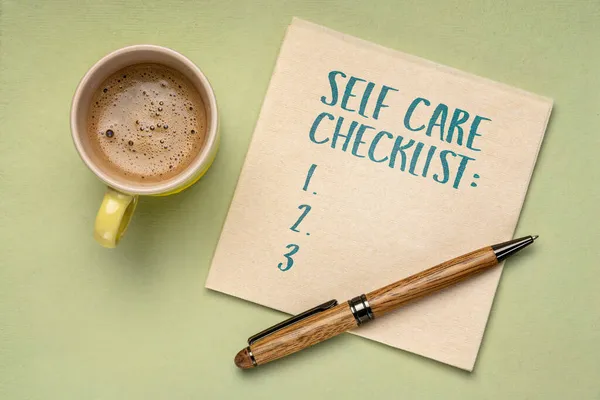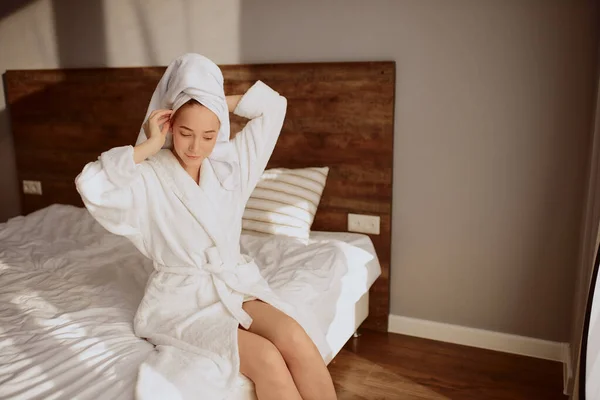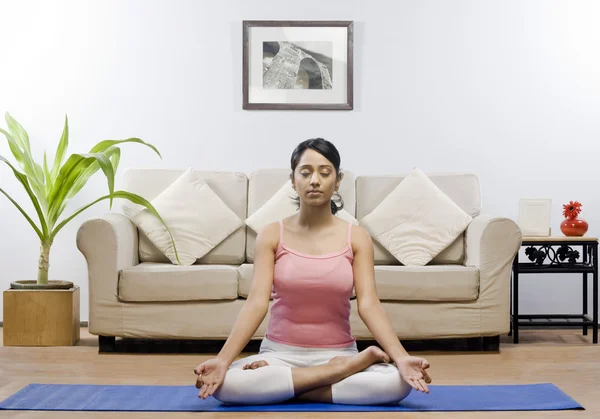
The transition into the digital age has opened doors to the convenience of remote work, carrying its advantages. Yet, it’s not without its hurdles, especially concerning the delicate balance between professional duties and personal time. According to a survey, 86% of individuals engaged in full-time remote work confront burnout, and a considerable 67% often feel the weight of constant availability.
The migration from a traditional office setup to an entirely remote can lead to feelings of loneliness. This underscores the urgency for structured activities to anchor one’s day, marking a clear division between work and rest. As the lines between employment responsibilities and personal relaxation waver, it’s imperative to establish concrete methods for mental disengagement.

This comprehensive guide explores various self-care practices, each tailored to different preferences and aimed at holistic relaxation.
Dive into the Pages of a Book
Nothing quite compares to the escapism offered by a riveting book. Whether it’s a thrilling mystery, a heartwarming romance, or a thought-provoking non-fiction piece, literature provides an escape from daily stresses.
Beyond mere entertainment, reading consistently enhances memory, fosters creativity, and enriches vocabulary.
Commit to Physical Exercise
Regular physical activity is more than just a pathway to a robust physique; it’s a cornerstone of well-being, especially for those working from home. Engaging in consistent workouts not only combats anxiety and uplifts one’s mood but also bolsters sleep quality.
The improved rest sharpens alertness and cognitive function during daytime tasks. Hence, by integrating exercise into their routine, remote workers can elevate their work performance, cultivating a path towards a more rewarding professional journey. While relaxation might be tempting after a strenuous workday, even straightforward activities like running, cycling, or initiating gym workouts can offer substantial mental reprieve.
For those who thrive on group dynamics, enrolling in a local sports team or an exercise group presents both a social and therapeutic avenue.

Explore the Calm of Meditation
Meditation, rooted in ancient traditions, is increasingly recognized for its profound impact on well-being. Initiating the body’s relaxation response through meditative practices – and helped along with delta 9 infused drinks and other herbal remedies – can help mitigate stress, enhance mental clarity, and uplift mood. The expansive domain of meditation encompasses a range of techniques – from breathwork and visualisation to yoga and transcendental meditation.

Yin yoga, qi gong, and aromatherapy are complementary relaxation tools. It’s worth noting that meditation also bolsters cognitive functions, making it particularly beneficial for activities requiring focus, such as gaming.
Embrace the World of Gaming
Gaming has emerged as a widely embraced medium of entertainment. The digital gaming arena now offers a spectrum of choices, from action-packed shooters to intricate strategy games, but it also caters to the mobile-centric user.
Seeing the significant surge in popularity and recognising the increasing need for quick, on-the-go gaming experiences, many mobile casinos in the UK have innovatively designed many games perfect for commutes or brief waiting periods. These digital games offer effective mental diversion and relaxation, whether stationary or on the move.
Cultivate a Hobby
Picking up a hobby provides a creative outlet and a break from the routine monotony. Whether painting, knitting, gardening, or learning to play a musical instrument, hobbies enrich one’s skills and offer a unique sense of accomplishment.
They stimulate different brain parts, allowing individuals to shift focus and mentally disconnect from work-related stressors.
Digital Detox
In an age dominated by screens, periodically unplugging becomes essential for mental well-being. Allocate specific hours in the evening or over the weekend when electronic devices are set aside. This break from digital consumption allows for better sleep, reduces eye strain, and fosters deeper connections with oneself and loved ones.
Activities such as journaling, sketching, or simply sitting in quiet reflection can be incredibly rejuvenating during these digital-free windows.
Culinary Adventures
Cooking can be therapeutic for many and even offer many mental health benefits, as well as physical ones. Experimenting with new recipes or cuisines can be an exciting way to wind down after a workday. Even making a new tea or coffee can be a small yet fulfilling adventure for those less inclined to cook. Measuring, mixing, and savouring one’s creations provides a tactile and sensory-rich experience that can distract the mind and offer immense satisfaction.
Bask in Nature’s Embrace
Nature, with its inherent serenity, offers a potent remedy for stress. A mere few minutes amidst greenery can reduce cortisol levels, amplifying endorphin and dopamine production. Engaging in outdoor activities like hiking, picnicking, or birdwatching can be a balm for the urban-weary soul.
However, if stepping outside isn’t feasible, the presence of indoor plants offers a viable alternative. Certain plants harbour a bacterium named Mycobacterium vaccae that stimulates serotonin release. This can lead to an uplifted mood and decreased anxiety. Further research indicates that interacting with indoor plants can promote creativity, heighten concentration, and cleanse indoor air of toxins.

Summary
The above activities, while distinct, converge on a singular goal – facilitating relaxation and mental rejuvenation. In an era where work and home domains intertwine, carving out time for self-care rituals becomes desirable and imperative. The key lies in identifying what resonates most and consciously integrating it into one’s routine.
